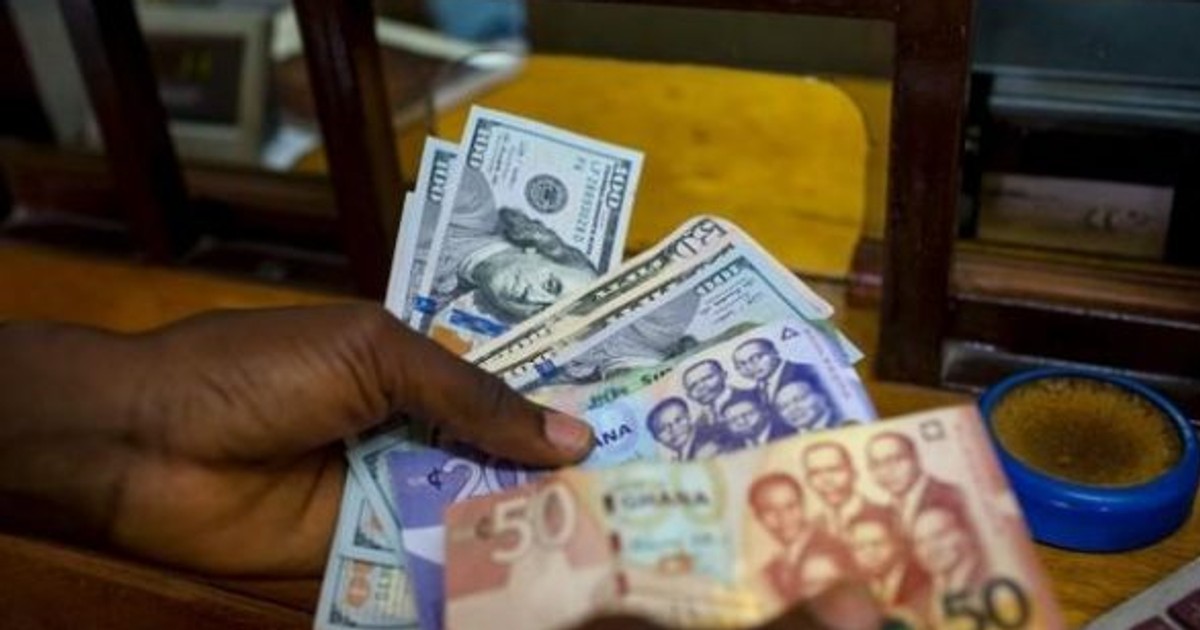Ghana is entering a new era of economic stability as inflation continues to fall, signaling a substantial shift from the double-digit price pressures that have dragged on consumers and companies in previous years.
Alhassan Iddrisu, a government statistician, reported that prices decreased 1.3% month over month and that annual inflation decreased to 11.5% in August from 12.1% in July.
A larger disinflationary trend that has been gaining traction since the beginning of the year is reinforced by the fall.
The disinflationary trend is evident in an array of sectors, with food inflation falling to 14.8% in August from 15.1% the previous month and non-food inflation falling to 8.7% from 9.5%.
This gradual moderation reflects a longer-term trend that began in early 2025, when inflation was over 20%.
For context, inflation declined to 18.4% in May from 21.2% in April, then to 13.7% in June, owing mostly to a jump in gold prices, which increased the country’s foreign exchange profits and helped stabilize the cedi.
Ghana is profiting from the surge in global commodity prices, including two of its primary exports, gold and cocoa.
The increase in the price of both products has generated significant foreign cash inflows, resulting in a 23% cedi increase against the dollar this year.
As reported by Bloomberg, a stronger local currency has cut down the cost of imports, hence lowering the country’s consumer prices.
Following the six-day decline, the cedi traded barely changed at 11.95 per dollar in Ghana’s capital, Accra.
Despite these variations, the overall currency trend has been supportive of disinflation, in stark contrast to 2022 and 2023, when the cedi’s weakening supported import-driven price pressures.
John Mahama’s Government reforms shape stability
The favorable trend can be linked to government policies.
Since taking office, President John Mahama’s government has prioritized fiscal prudence, currency stability, and export growth as key components of its economic strategy.
Efforts to enhance budgetary discipline, paired with positive external circumstances, have enabled the economy to reset after years of turmoil.
Ghana’s Central Bank policy and interest rates
The disinflationary environment gives the Bank of Ghana much-needed breathing room as it pursues a restrictive monetary policy to reduce inflation and restore economic confidence.
In July, the central bank dropped its key interest rate by 300 basis points to 25%, marking its first substantial step to lower borrowing rates in years.
With inflation currently at 11.5%, well within reach of the bank’s revised year-end target of 12%, economists anticipate another rate drop at the forthcoming Monetary Policy Committee (MPC) meeting on September 17.
Given Ghana’s recent experience with inflationary shocks, this would be a significant success.
